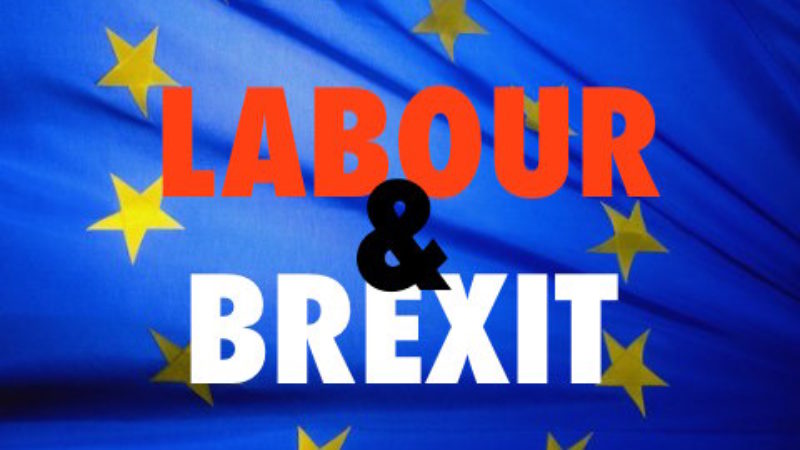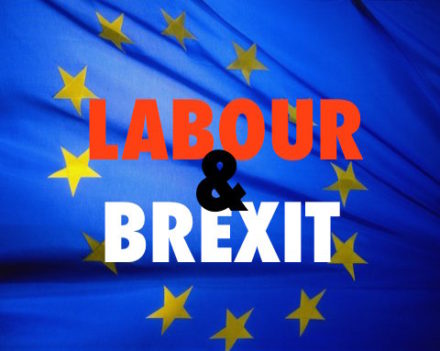

I rather think that our prime minister is stumped on Europe. She has announced the main plank in her Brexit programme – a Great Repeal Bill that will lift-and-shift all EU based legalisation into UK law at the instant we formally leave the EU.
That actually seems quite sensible to me, so long as it really does include everything. Achieve the principle and worry about the practicalities later.
But the problem is that the detail of how that will happen simply isn’t there. And those practicalities are in fact monstrously complex and weighty issues: What access do we need and will we have to the single market? What will we do about migration and free movement of labour? How will key public services function if EU nationals are unable to work in them?
Perhaps the reality is that we cannot know what to do about these issues at this stage. Perhaps we really have to wait until article 50 is triggered or until the day after we leave?
But in any event, negotiators never want to show their hand – especially if there is an element of bluff – so I can understand a small part of the dismay over last week’s court ruling. And I must cite an excellent piece by Will Gore on the virulent press reaction.
However, to return to Theresa May. She is truly caught between two titanic forces – the clear court edict compelling Parliamentary scrutiny, and the courting of public opinion which is more animated on this subject than any other (partly as a result of the irresponsible incitement Gore writes about). Her government currently has a majority of just 10 in the Commons, and she herself seems unwilling or unable to colonise the middle ground – something that in my view would enable her to govern for as long as she wanted.
Into such a dangerous mess, step forward Her Majesty’s Opposition.
Despite some reported wobbles, Labour’s position on Brexit is, in my view, pretty clear: “We respect the vote but want a fair deal.”
The electoral demographics are even clearer. The party needs to win back or retain support amongst many who voted for Brexit to have any chance of success in a general election.
Given that the real issue is the lack of a plan, rather than any attempts to re-run or overturn the EU referendum result, that is surely what Labour in opposition needs to focus on – to seize the narrative, the initiative and the imagination of a British public that is at best jittery, and at worse downright volatile. It is a cry from the heart that Labour is at its best when it is boldest. For both the party and the country, is not being bold now a matter of necessity not choice?
It is right – as Hugo Muir argues – that MPs who profoundly disagree with (he says “fear”) Brexit, vote against it when the opportunity arises – and accept the electoral consequences. But that does not trump or detract from the arguments for a Labour-led progressive alliance in support of Brexit with greater focus and vigour than any previously discussed. This is down to us, no-one else.
This is possibly difficulty territory for Remainers. But, in truth, especially with the events unfolding across the pond this week, there may be no other way to douse the flames many are fanning. On this issue in particular, you need to go to where people are, rather than where you would like them to be.
Simon Sapper is a national officer for the CWU and writes in a personal capacity.




More from LabourList
SPONSORED: ‘Industrial hemp and the challenge of turning Labour’s priorities into practice’
‘A day is a long time in politics, so we need ‘action this day’’
Strong support for child social media ban among Labour members, poll reveals